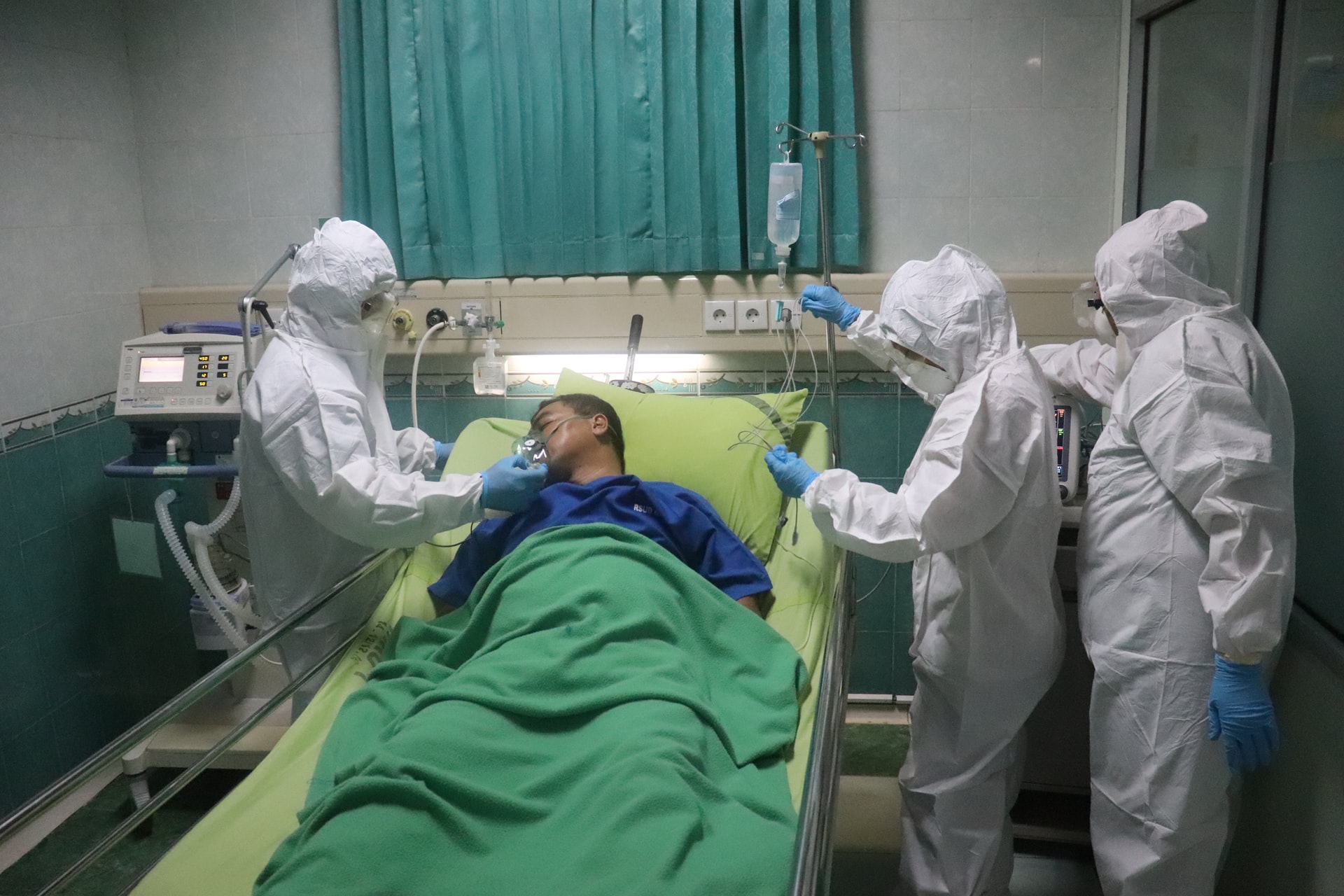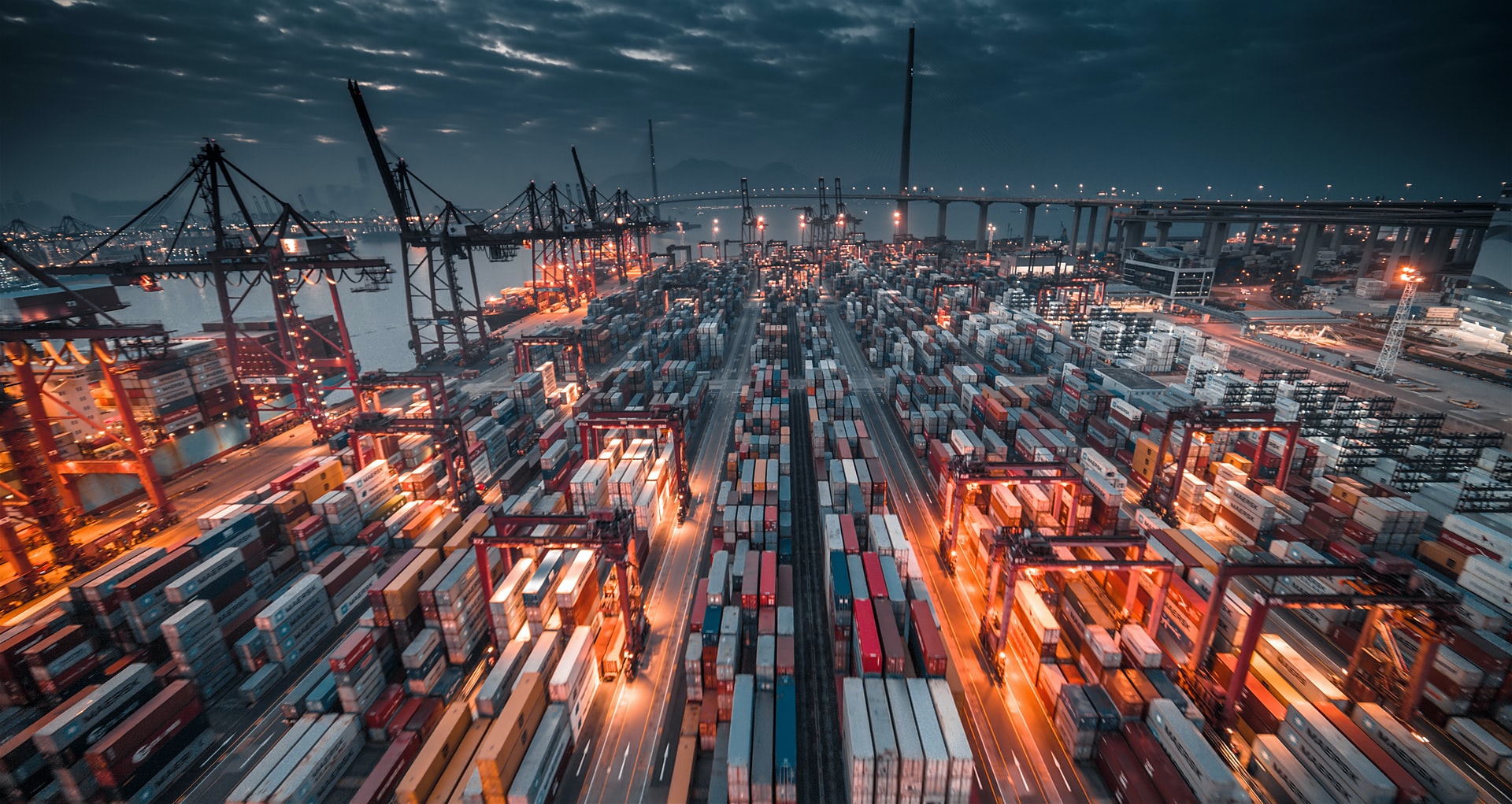Extending Healthcare Infrastructure Must Be Prioritized
COVID-19 buckled the healthcare systems of even developed nations and exposed the fragility of healthcare systems around the world. The pandemic took most countries by surprise. The initial onslaught was marked by wide shortages in personal protective equipment (PPE). With disrupted supply chains, there was a frenzied rush to make sufficient PPE kits available for frontline workers. Most countries were caught off-guard and there were glaring shortages of PPE kits and other critical medical supplies.
Our futures depend on robust healthcare systems. Only if humans are healthy, can we maintain all other infrastructures we take for granted. How do we enhance medical infrastructure development, making them resilient to future shocks?
To address such concerns, Horasis is organizing the Horasis Global Meeting on 8 June 2021. The one-day virtual event will see participation from a diverse range of people, spanning members from governments, businesses, academia, and the media. The goal is to deliberate on pressing issues that are threats to humankind and arrive at solutions that can ensure a safer, healthier, and sustainable world.
Healthcare is a Fundamental Right
Healthcare is among the primary goals that any government must fulfil. In most developed economies, governments have been successful to varying degrees in providing healthcare as a basic right to their citizens. In fact, the World Health Organization (WHO) highlighted healthcare as every individual’s fundamental right. The WHO Constitution (1946) stated thus: “the enjoyment of the highest attainable standard of health is one of the fundamental rights of every human being…”
While many nations efforts to contain the pandemic have been commendable, many others’ (even developed countries) approach has been rather alarming. From political blame gaming and withdrawing funding to the WHO, the world has had to deal with a lot of noise when the focus should have been on attending to patients and improving healthcare delivery. Amid the din, humanity (largely) has risen to the occasion and many governments around the world have shown how things are to be done. Singapore, Denmark, South Korea, Vietnam, and New Zealand are but a few fabulous examples of countries that tackled the crisis well.
Improved Healthcare Can be Ensured by Access to Education
It is unfortunate that most administrators seem to prioritize defense spending above all else. It is not difficult to see why this is the case. Higher defense arsenals are typically associated with greater clout and therefore, higher bargaining power in the international arena. These astronomical defense budgets are often reason for governments’ inabilities to be able to spend on robust healthcare systems within their borders. There is also much energy expended on ambitious programs such as space exploration. Not that these programs should not take place – but they should only be initiated after fulfilling citizens’ basic necessities like healthcare and education.
A key step towards improving healthcare in developing economies is by ensuring access to education. Not only will this strategy benefit disadvantaged citizens by providing them with strong enablers, it will also encourage employment in safer job roles and ensure that preventive healthcare measures are undertaken. It will also discourage risky health behaviors and citizens will be empowered to demand improved healthcare services. In the current scenario, a large share of fatalities is on account of COVID-19. However, in more normal times, women in developing countries are highly at risk. And this subset includes girls entering puberty to pregnant women. A bulk of deaths that occur are neonatal, occurring as they do in the first five years of their lives. These are avoidable with strong focus and efforts in the right areas.
The Focus Must be on Primary and Essential Healthcare
It is imperative for governments in emerging economies to consider provision of cost-effective healthcare packages for all citizens. In this regard, Ethiopia and Malawi have outlined healthcare programs where the primary objective is ensuring universal vaccine coverage, extension of clean water supply, and encouraging clean sanitation processes.
Meanwhile, the United Nations envisions extension of universal healthcare by 2030 as part of its sustainable development goals. This will include “access to quality essential healthcare services and access to safe, effective, quality and affordable essential medicines and vaccines for all”. Healthcare has often been cast aside in the interests of other ‘nation-building’ efforts. It is time that governments recognize the importance of this fundamental area.
Ensuring the Economically Disadvantaged Have Access
Even in emerging economies, the financially affluent are able to afford private health insurance and consult private medical practitioners or access private medical facilities. It is the economically disadvantaged who are faced with the highest risk. The pandemic has exposed these differences all too well. In a post-COVID world, governments must step up efforts to ensure the marginalized sections of society are not dealt an unfair blow.
In these trying times, astronomical defense budgets have been entirely ineffective in offering any assistance to the threat that mankind is faced with. If there is one clear message that world leaders must heed, it is that there will be future pandemic-like situations that are going to affect populations regardless of geographical borders. Nuclear or space age defense forces will be ineffective in containing such threats. If anything, there must be efforts mobilized on a war footing to ensure healthcare access becomes universal. Just as there is stockpiling of conventional weaponry, so too must be the case with ramping up healthcare infrastructure and medical workers.
Photo Caption: A COVID-19 infected patient at an ICU in Central Java, Indonesia.




